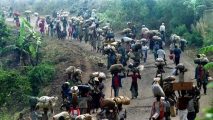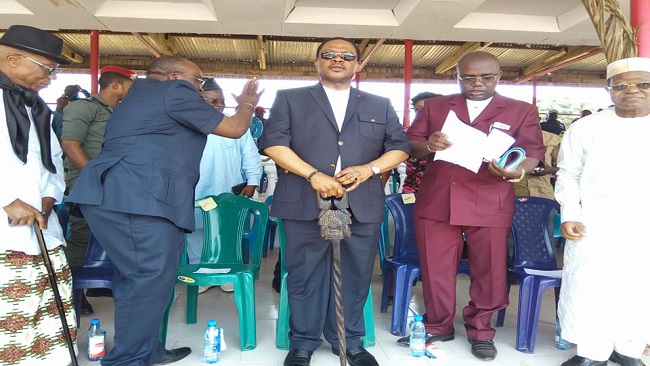Categories
Archives
- April 2025
- March 2025
- February 2025
- January 2025
- December 2024
- November 2024
- October 2024
- September 2024
- August 2024
- July 2024
- June 2024
- May 2024
- April 2024
- March 2024
- February 2024
- January 2024
- December 2023
- November 2023
- October 2023
- September 2023
- August 2023
- July 2023
- June 2023
- May 2023
- April 2023
- March 2023
- February 2023
- January 2023
- December 2022
- November 2022
- October 2022
- September 2022
- August 2022
- July 2022
- June 2022
- May 2022
- April 2022
- March 2022
- February 2022
- January 2022
- December 2021
- November 2021
- October 2021
- September 2021
- August 2021
- July 2021
- June 2021
- May 2021
- April 2021
- March 2021
- February 2021
- January 2021
- December 2020
- November 2020
- October 2020
- September 2020
- August 2020
- July 2020
- June 2020
- May 2020
- April 2020
- March 2020
- February 2020
- January 2020
- December 2019
- November 2019
- October 2019
- September 2019
- August 2019
- July 2019
- June 2019
- May 2019
- April 2019
- March 2019
- February 2019
- January 2019
- December 2018
- November 2018
- October 2018
- September 2018
- August 2018
- July 2018
- June 2018
- May 2018
- April 2018
- March 2018
- February 2018
- January 2018
- December 2017
- November 2017
- October 2017
- September 2017
- August 2017
- July 2017
- June 2017
- May 2017
- April 2017
- March 2017
- February 2017
- January 2017
- December 2016
- November 2016
- October 2016
- September 2016
- August 2016
- July 2016
- June 2016
Featured
Most Commented Posts
 4 Anglophone detainees killed in Yaounde
4 Anglophone detainees killed in Yaounde
18 comments Chantal Biya says she will return to Cameroon if General Ivo Yenwo, Martin Belinga Eboutou and Ferdinand Ngoh Ngoh are sacked
Chantal Biya says she will return to Cameroon if General Ivo Yenwo, Martin Belinga Eboutou and Ferdinand Ngoh Ngoh are sacked
13 comments The Anglophone Problem – When Facts don’t Lie
The Anglophone Problem – When Facts don’t Lie
12 comments Anglophone Nationalism: Barrister Eyambe says “hidden plans are at work”
Anglophone Nationalism: Barrister Eyambe says “hidden plans are at work”
12 comments Largest wave of arrest by BIR in Bamenda
Largest wave of arrest by BIR in Bamenda
10 comments
Latest Tweets
Featured
-

Vatican: Conclave to elect new pope will start on May 7
-

Namibian minister sacked after being accused of rape
-

Dozens of African migrants killed in US strike on Yemen
-

Manyu Division: A new path is possible
-

Who will be the next pope? Key candidates in an unpredictable process
-

Pope Francis going home to rest!
-

Rwanda and DR Congo set May 2 deadline for peace deal
© Cameroon Concord News 2025





19, September 2023
Ambazonia travel ban means era of Biya-Francophone dominance is over 0
by soter • Cameroon, Headline News, News
The travel ban imposed by Southern Cameroons Self Defense Forces in Ground Zero will certainly have a lasting impact on the Cameroonian economy. The flow on effects of the travel ban on buses and commercial vehicles from the entire Southern Cameroons will definitely become a nationwide issue.
90-year-old President Biya and his Beti-Bulu gang needs to look at other ways to speed up a political process that will keep the two Cameroons together again!
Southern Cameroons small businesses as well as big businesses will continue to suffer because of the travel ban but the Vice President of the Ambazonia Interim Government Comrade Dabney Yerima says the travel ban is an indication that the era of Francophone dominance over the Federal Republic of Ambazonia is over.
Speaking exclusively to Cameroon Concord News on Tuesday, Vice President Dabney Yerima said “Despite massive military deployments to Southern Cameroons by La Republique all geared towards imposing their interests and values on British Southern Cameroonians, the people of Southern Cameroons are resisting and they will do so till the last man or woman standing.”
Elsewhere in his remarks, he said that the leader of the Ambazonian nation, President Sisiku Ayuk Tabe long ago designed a plan that will rebuild Southern Cameroons political and economic institutions including agriculture, industry and medicine.
Vice President Dabney Yerima also hailed the travel ban policy that restoration forces are adopting in Ground Zero and called on the Southern Cameroons diaspora to wake up and rejoin the Ambazonia revolution train.
By Soter Tarh Agbaw-Ebai